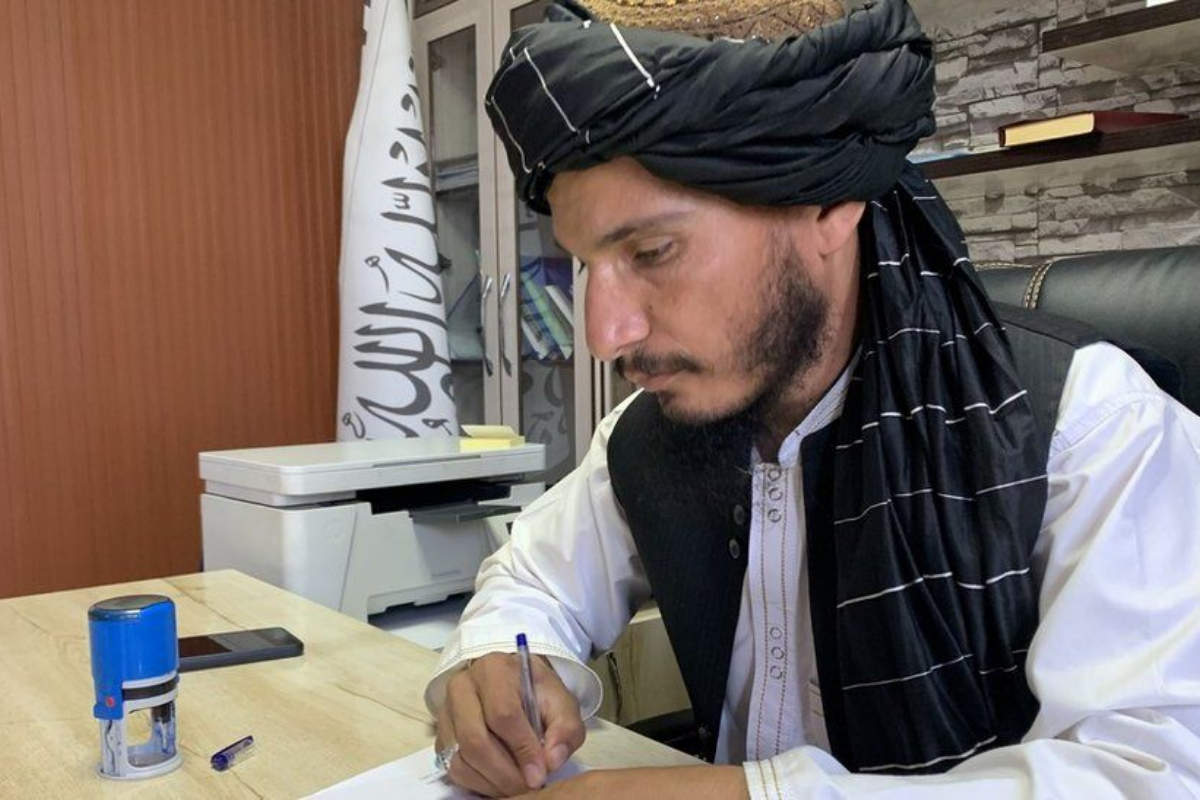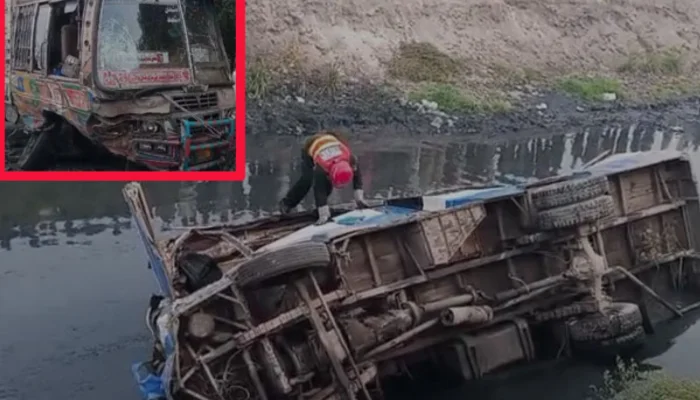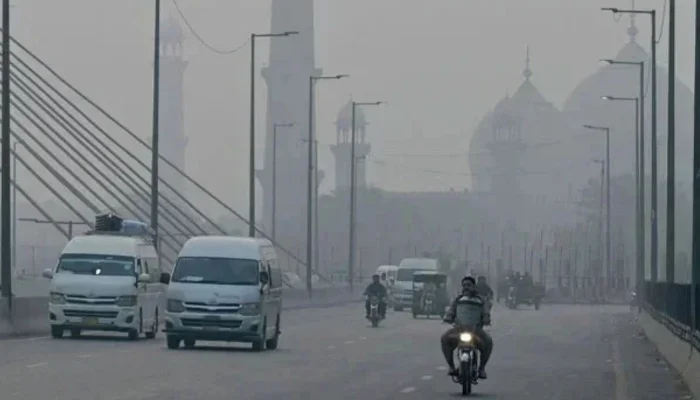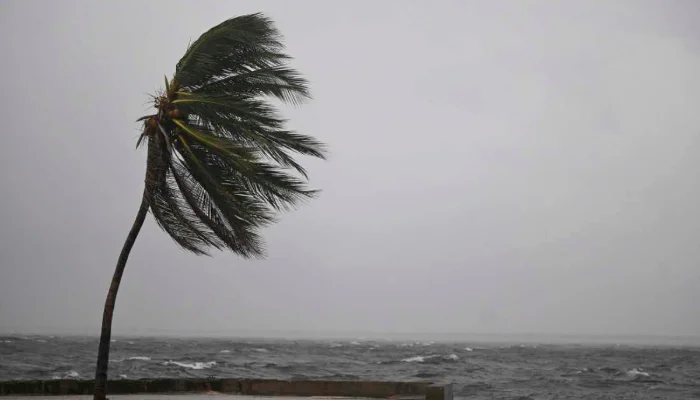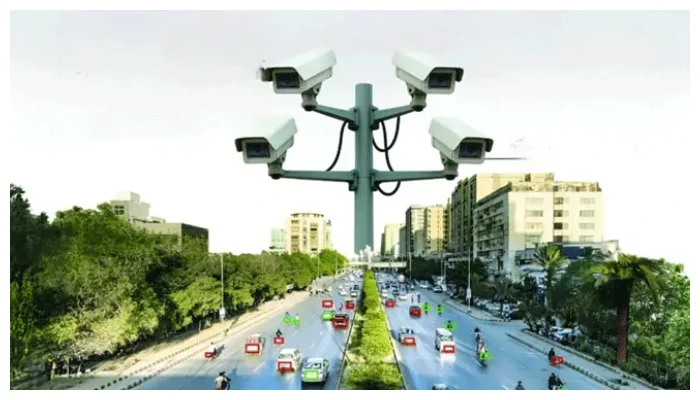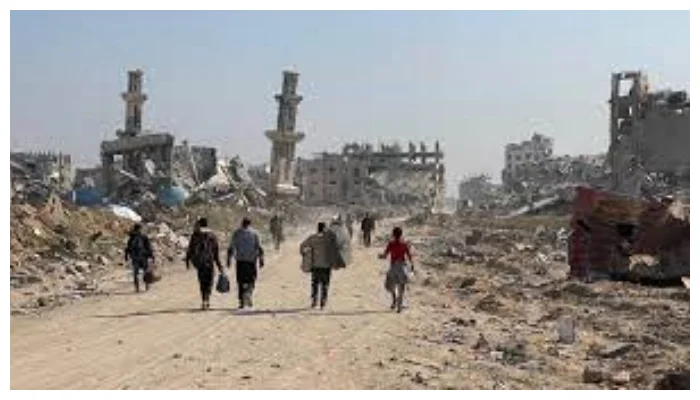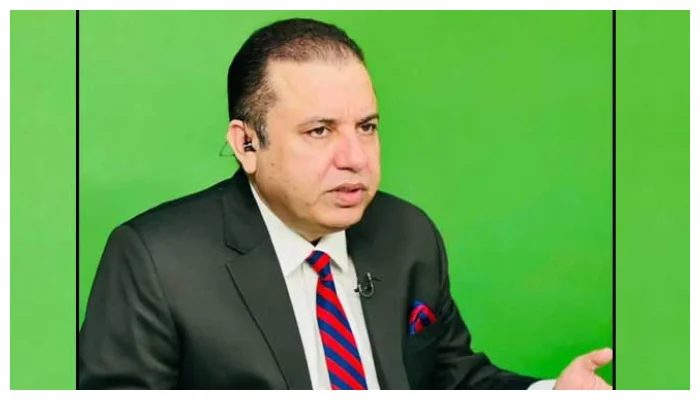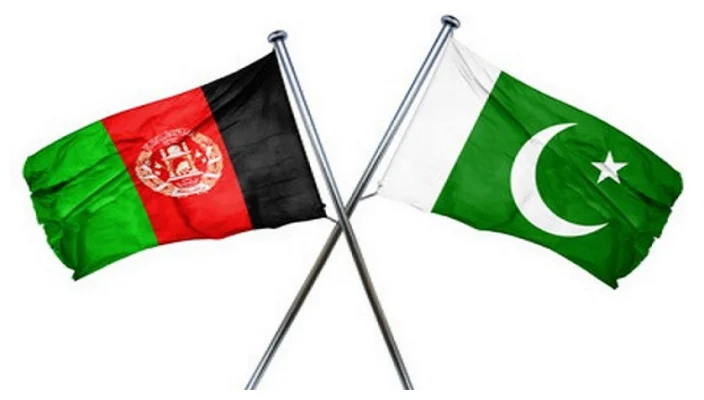- The lives of many Afghan citizens were drastically changed last August when the Taliban seized power.
- Tens of thousands of Afghans have been forced to leave the nation in the last year, most secondary schools for girls have been told to close, and poverty has increased.
- However, the nation is also no longer gripped by violence for the first time in more than four decades, and the once-rampant corruption has been severely curbed.
The lives of many Afghan citizens were drastically changed last August when the Taliban seized power. Tens of thousands of Afghans have been forced to leave the nation in the last year, most secondary schools for girls have been told to close, and poverty has increased.
However, the nation is also no longer gripped by violence for the first time in more than four decades, and the once-rampant corruption has been severely curbed. When the invasion occurred, BBC correspondent Secunder Kermani was in Afghanistan. He just returned to reunite with some of the people he met then.
The Taliban sniper getting used to a new life
We encountered Ainudeen, a seasoned Taliban fighter, in the northern district of Balkh as the Taliban moved throughout Afghanistan last summer, seizing territory from the Afghan government as foreign soldiers prepared to evacuate.
As we talked, he had a steely, icy look in his eyes. I questioned him about how he could defend the brutality, and he responded, “We are trying not to damage civilians, but it’s fighting and people will die.” “Here in Afghanistan, we won’t tolerate anything other than an Islamic system.”
The war was still raging, our conversation was brief, and airstrikes by the Afghan government were a continuous threat.
Ainudeen revealed to me that he had been a Taliban shooter while we were eating fried fish by the Amu Darya river, which divides Afghanistan and Uzbekistan, a few months later, after the Taliban administration had just been put in place. He calculated that he had wounded himself ten times and killed scores of Afghan security forces personnel.
But following the Taliban takeover, he was named Balkh province’s director of land and urban development. I questioned him about if he missed the “jihad” he had fought in for so long when we first met in the early days of the new regime. Yes, he answered simply.
[embedpost slug=”seoul-floods-eight-die-amid-biggest-rain-in-decades/ “]

